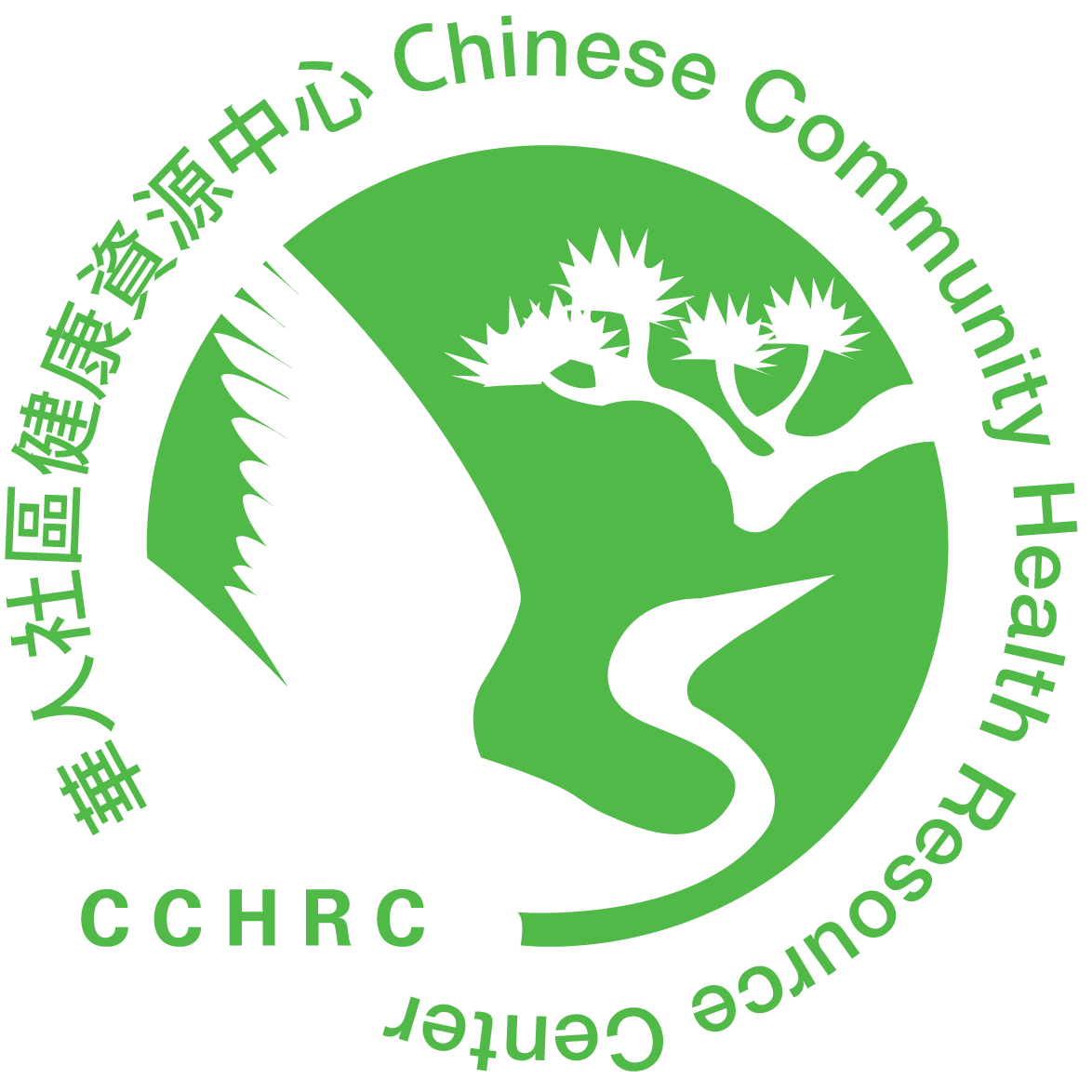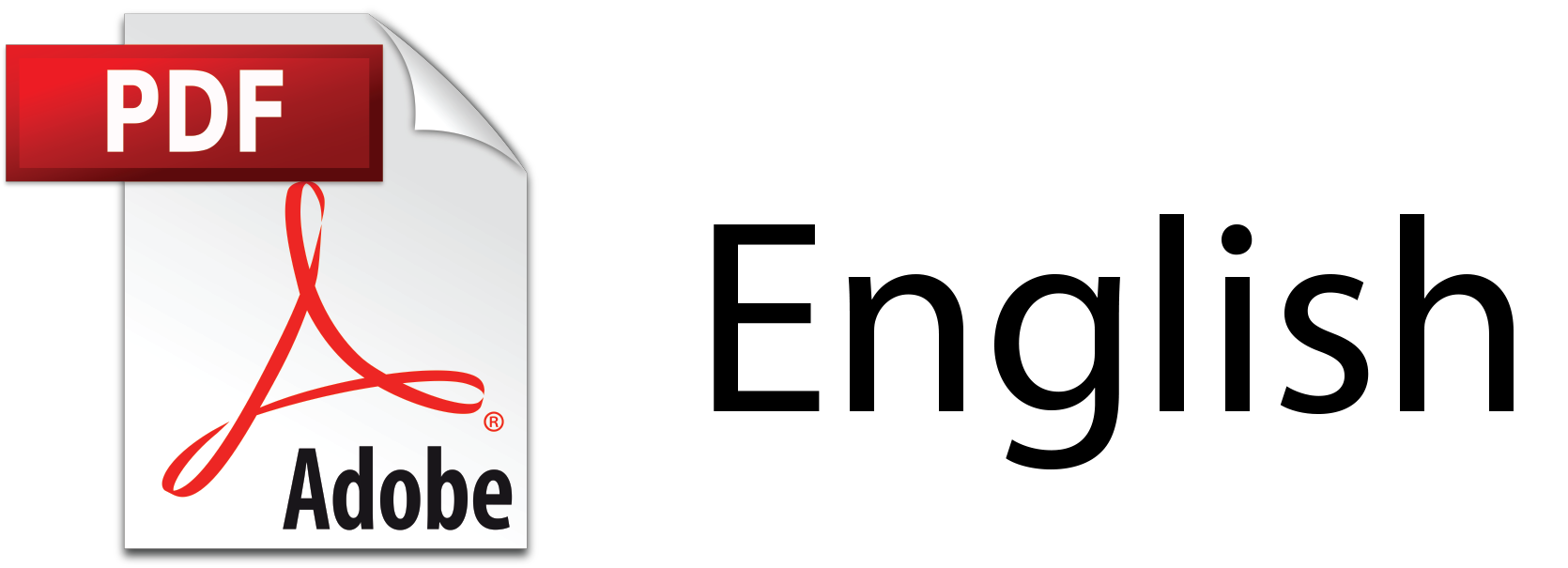What is Migraine?
Migraine headache is an intense and debilitating condition which is believed to occur when blood vessels in the brain contract and then expand, releasing chemical substances that cause further vessel swelling and inflammation. A migraine attack can last for hours or days. It can be a chronic disorder, but it is not life threatening.
Who Gets Migraine?
Migraine affects women 3 times more often than men and is seen in patients who are usually between the ages of 15 to 55. Over 70% of migraine sufferers have a family history of migraine.
Signs and Symptoms
- Severe, throbbing pain usually on one side of the head
- Nausea and vomiting
- Visual disturbances (seeing flashing lights, zigzagging lines or areas of total darkness)
- Sensitivity to light and sound
- Tingling and numbness in parts of the body
In a “classic” migraine attack, the above symptoms usually occur 10 to 30 minutes before the onset of headache.
Diagnosis
If you have a family history of migraine and/or the characteristic warning signs, diagnostic tests are usually not required. Further testing such as CT scan or MRI may be ordered by your doctor to rule out other disorders if the onset is sudden and severe.
Causes
The exact cause of migraine is unknown, but below are some common triggers:
- Tension and stress
- A period of hard work followed by relaxation
- Hormonal changes (during puberty, menstrual cycle, pregnancy)
- Oral contraceptives
- Estrogen replacement therapy (after hysterectomy or menopause)
- Irregular eating and sleeping patterns
- Alcohol, caffeine, MSG
- Certain foods (some cheeses, chicken liver, chocolate, preserved meats)
- Smoking
Prevention
- Keep a diary to provide clues as to what triggers your migraine attacks
- Avoid factors that may trigger attacks
- Avoid oversleeping on weekends and holidays
- Reduce stress
- Practice relaxation techniques
- Make healthful lifestyle changes
- Prescription medications are available to prevent attacks when necessary
Treatment
- Prescription medication to relieve pain and nausea
- Anti-inflammatory drugs such as aspirin, acetaminophen, ibuprofen
- A cold compress applied to the head
- Rest in a darkened and quiet room, try to relax and sleep
- Minimize noise, light and odors
Unrelieved headache may be a symptom of a more serious problem and requires special medical attention.
For further information about headaches, contact your primary care physician or the National Headache Foundation at toll free (888) 643-5552 or http://www.headaches.org
Copyright © 2000-2020 Chinese Community Health Resource Center
If you would like a copy of this health article, please click on the PDF button in the language you prefer. To view the PDF document, you’ll need Adobe Acrobat, which you can download here.
Bilingual:




